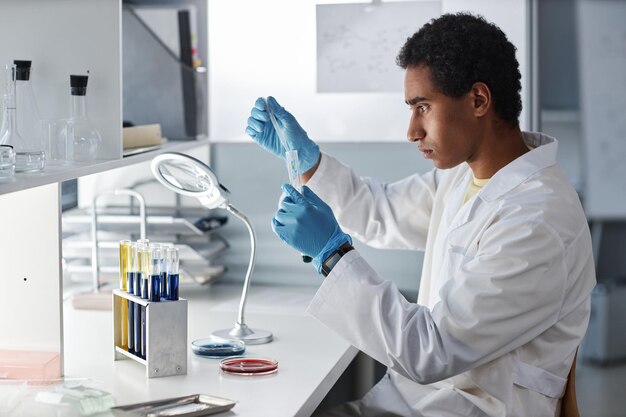How to Become a Lab Technician: Essential Steps and Qualifications
Embarking on a career as a laboratory technician opens doors to a variety of scientific and medical environments, where precision and meticulous work underpin exciting discoveries and essential healthcare services. A fundamental step in this career path is obtaining the appropriate educational credentials. Typically, aspiring lab technicians need at least an associate degree in laboratory science or a related field, which provides a solid foundation in essential laboratory skills and scientific knowledge. Some positions may require or prefer a bachelor's degree, particularly for advancement in specialized labs. Apart from academic degrees, earning certifications such as the Medical Laboratory Technician (MLT) credential from the American Society for Clinical Pathology (ASCP) can enhance job prospects and demonstrate professional competence. Engaging in accredited programs and internships can also provide invaluable hands-on experience, fostering the practical skills necessary for success in the field.
Understanding and fulfilling the educational and certification requirements equips aspiring lab technicians with the tools to excel in their roles, ensuring they effectively support scientific research and healthcare services. As the demand for skilled lab technicians grows, investing in a comprehensive educational program can be the crucial stepping stone to a rewarding career.
Educational Pathways and Certifications for Lab Technicians
- 🎓 Associate Degree: Laboratory Science, Biotechnology, or related fields
- 🎓 Bachelor’s Degree: Relevant for advancement or specialized roles
- 📜 Certifications:
- Medical Laboratory Technician (MLT) by ASCP
- Certified Laboratory Technician (CLT)
- 🏫 Accredited Training Programs: Essential for practical experience
- 🏅 State Licensing: Check local regulations for required licensure
Pursuing these credentials not only illustrates commitment to the field but also equips individuals with the expertise to meet evolving industry standards, making it a wise step toward a successful future as a lab technician.
